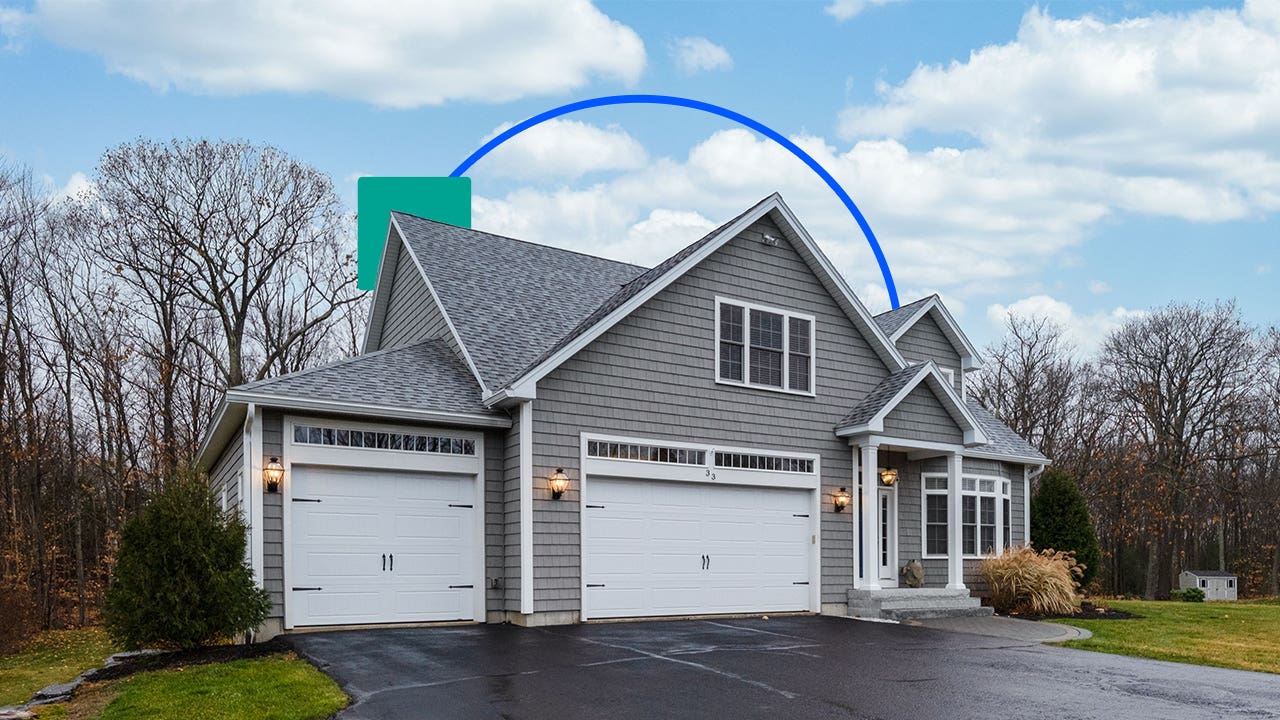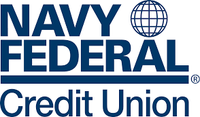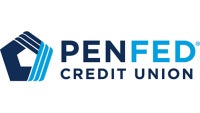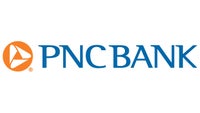Best cash-out refinance lenders of 2025

A cash-out refinance can help you reduce higher-interest debt, fund a home renovation, pay for college or make progress toward any other financial goal. Here are our picks for the best cash-out refinance lenders in 2025.
Best cash-out refinance lenders
| Lender | Credit requirements | Bankrate Score |
|---|---|---|
| Chase | 620 for conventional loans, 680 for jumbo loans, 640 for FHA loans, 640 for VA loans | 4.9 |
| Bank of America | 620 for conventional loans | 4.7 |
| Better | 620 for conventional loans, 580 for FHA loans, 620 for VA loans | 4.9 |
| Navy Federal Credit Union | Undisclosed | 4.8 |
| PenFed Credit Union | 650 for conventional loans, 700 for jumbo loans, 620 for FHA loans | 4.8 |
| PNC Bank | 620 for conventional loans, 620 for jumbo loans, 620 for FHA loans, 640 for USDA loans | 4.9 |
| SoFi | 620 for conventional loans, 600 for FHA loans, 600 for VA loans | 4.8 |

Chase
-
- Availability: All U.S. states
- Loans offered: Conventional, jumbo, FHA, VA, refinancing and more
- Credit requirements: 620 for conventional loans; 640 for VA and FHA loans; 680 for jumbo loans
- Where to find: Branch locations and online

Bank of America
-
- Availability: All U.S. states
- Loans offered: Conventional, jumbo, FHA, VA, refinancing and more
- Credit requirements: 620 for conventional loans
- Where to find: Branch location or online

Better
-
- Availability: All U.S. states
- Loans offered: Conventional, FHA, VA, refinancing and more
- Credit requirements: 580 for FHA loans; 620 for VA and conventional loans
- Where to find: Online

Navy Federal Credit Union
-
- Availability: All U.S. states
- Loans offered: Conventional, jumbo, VA, refinancing
- Credit requirements: Undisclosed
- Where to find: Branch location or online

PenFed Credit Union
-
- Availability: All U.S. states
- Loans offered: Conventional, jumbo, FHA, VA, refinancing and more
- Credit requirements: 620 for FHA loans; 650 for conventional loans; 700 for jumbo loans
- Where to find: Branch location or online

PNC Bank
-
- Availability: All U.S. states
- Loans offered: Conventional, jumbo, FHA, VA, USDA, refinancing and more
- Credit requirements: 620 for FHA, conventional, and jumbo loans; 640 for USDA loans
- Where to find: Branch location or online

SoFi
-
- Availability: All U.S. states except Hawaii (no refinances in New York)
- Loans offered: Conventional, jumbo, FHA, VA, refinancing and more
- Credit requirements: 600 for VA and FHA loans; 620 for conventional loans
- Where to find: Online
How does cash-out refinancing work?
Cash-out mortgage refinancing is an option for homeowners who have built significant equity in their homes to replace high-interest debt, make home improvements or front another large expense. It works by replacing your current mortgage with a new, larger loan that includes the money you took out from your home equity. With your new loan, you’ll get a new interest rate.
Keep in mind: Most lenders require a homeowner to retain 20% equity in their home when doing a cash-out refinance.
Pros and cons of cash-out refinancing

Pros
- Access to a large sum to put toward other financial goals
- Might get you a lower interest rate than current loan if rates have dipped
- Potential to improve credit if using funds to consolidate high-interest debt
- Lower borrowing costs compared to a personal loan or credit card if you get a lower interest rate

Cons
- Need to pay closing costs
- Loss of existing equity in the property at closing, increasing overall debt load
- Foreclosure risk if you can’t repay the new loan amount
- Potential for a higher interest rate than your current mortgage if rates have increased
Frequently asked questions
Why we ask for feedback Your feedback helps us improve our content and services. It takes less than a minute to complete.
Your responses are anonymous and will only be used for improving our website.
You may also like

Best mortgage lenders in California for 2025

Best FHA mortgage lenders in 2025

Best mortgage lenders in Florida in 2025

Best mortgage refinance lenders in 2025


